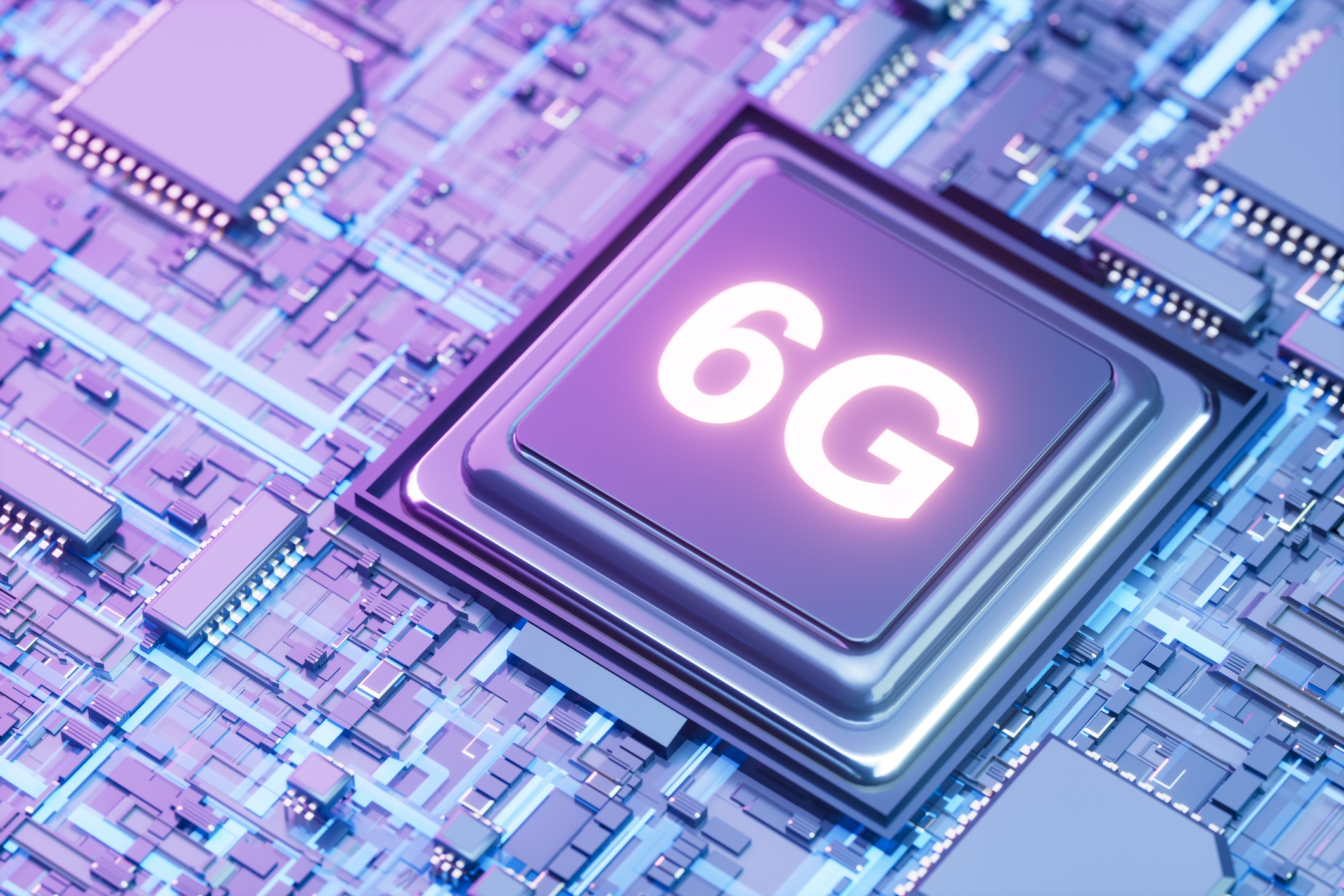The central government unveiled the Bharat 6G Vision Document in March 2023, outlining the nation’s ambitious plan to design, develop, and deploy 6G network technologies by 2030. The primary goal is to establish India as a global leader in 6G technology, delivering ubiquitous, intelligent, and secure connectivity that will enhance the quality of life for its citizens and the world at large.
To achieve this, the government has launched several initiatives aimed at accelerating the development of 6G technology within the country. One of the key measures is the funding of two crucial testbeds—the 6G THz Testbed and the Advanced Optical Communication Testbed. These initiatives are intended to promote research and development (R&D) and foster innovation in the 6G domain, laying a strong foundation for next-generation communication technologies.
Additionally, the government has sanctioned the establishment of 100 5G labs at academic institutions across India in the financial year 2023-24. These labs will play an essential role in building a 6G-ready ecosystem, enabling academic institutions and start-ups to thrive while preparing the next generation of technologists with the necessary tools and expertise.
In an effort to accelerate research on 6G networks, 111 research proposals have been approved to explore and develop 6G ecosystems. These research initiatives are designed to align India’s efforts with the global roadmap for 6G technology, ensuring that the country remains at the forefront of innovation.
The government has also facilitated the formation of the Bharat 6G Alliance, a collaboration between domestic industries, academic institutions, national research bodies, and standards organizations. This alliance will develop a comprehensive action plan for 6G technology. To further boost international collaboration, the central government has signed Memoranda of Understanding (MoUs) with leading global 6G alliances.
As part of its global outreach, India hosted the inaugural International 6G Symposium, coinciding with the World Telecommunication Standardization Assembly (WTSA) 2024 and the India Mobile Congress (IMC) 2024. The symposium brought together industry leaders, academics, and government officials to explore advancements in 6G technology on both local and global levels.
India has also made significant contributions to the International Telecommunication Union (ITU)’s International Mobile Technology (IMT) 2030 framework, often referred to as the foundation for 6G. India advocated for the inclusion of “Ubiquitous Connectivity” as one of the six key usage scenarios for 6G and highlighted coverage, interoperability, and sustainability as essential capabilities for future wireless networks.
Through these initiatives, the Indian government is laying the groundwork for a future where 6G technology will not only revolutionize communications but also enable transformative advancements across various sectors such as healthcare, education, agriculture, and beyond.




















